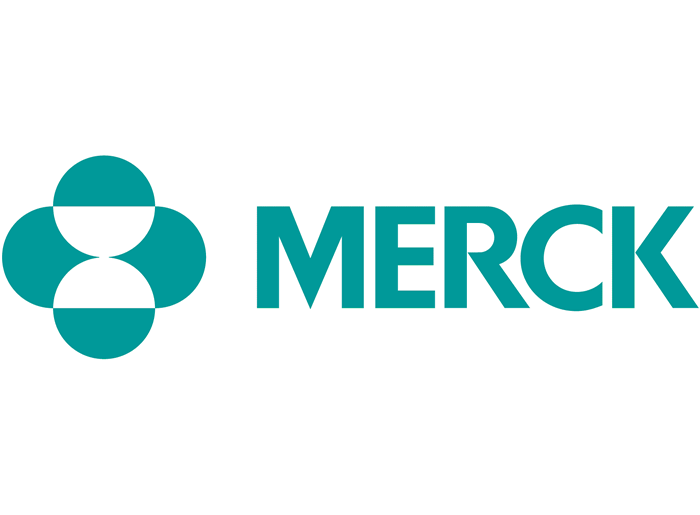
With exclusive global rights it has obtained from Teijin Pharma, Merck & Co., Inc. (NYSE:MRK) will be able to develop and manufacture a preclinical-stage anti-tau antibody. It will also take up the commercialization of the investigational candidate, which has the potential of treating Alzheimer’s disease (AD) and other neurological diseases. It is not known how much money will go into the deal; the only clarity is that the drug maker will hand in an unidentified upfront payment to the Japanese firm.
The antibody candidate will complement Merck’s existing Alzheimer’s disease portfolio
The addition of the anti-tau-antibody to Merck’s portfolio comes at a time when the market is facing stiff competition. Biogen Inc (NASDAQ:BIIB) is one of the market players, which is also upping its game having signed a deal to buy worldwide rights for Bristol-Myers Squibb Co (NYSE:BMY)’s anti-tau antibody. In April, the company made an upfront payment of $300 million for BMY’s BMS-986168.
However, Merck is not relenting. It has other candidates the likes of MK-6240, a tau ligand, which is under assessment as a potential Positron Emission Tomography (PET) imaging agent. It also has the verubecestat (MK-8931), the late clinical-stage, small-molecule candidate, which inhibits beta-site amyloid precursor protein cleaving enzyme 1 (BACE1).
But Merck is also looking out for other collaborations
The drug maker will not just watch as the competition unfolds. The VP of neuroscience discovery, Merck Research Laboratories, Darryle Schoepp says, “Merck remains committed to developing meaningful therapeutic options for the treatment of Alzheimer’s and other neurological diseases.”
Akihisa Nabeshima, the president of Teijin Pharma acknowledges the need to secure collaborations with leading industry partners like Merck, which has demonstrated strong expertise in maximizing the potential of various candidates.
The company will soon be obtaining a new alliance with Optum in its advancement of value-based contracting of pharmaceuticals. The two will work towards reimbursing drug manufacturers but on the basis of clinical outcomes achieved, which will be guided by outcomes-based risk sharing agreements (OBRSAs).
In the meantime, Merck’s stock closed at $64.92 a fall of $0.12 or 0.18%.




